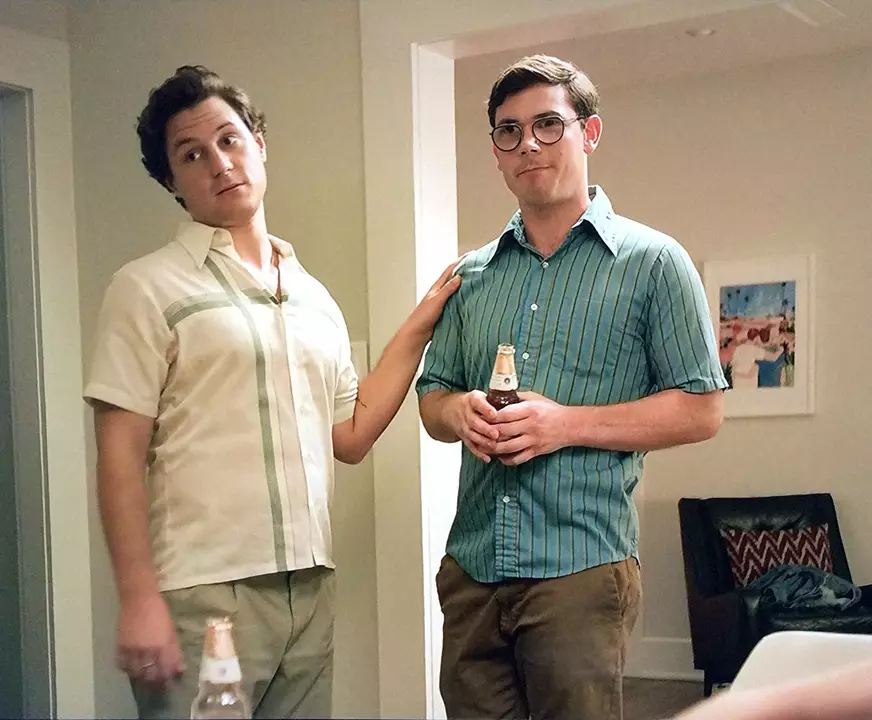Intellectual Films: Smart Picks for Curious Minds
Ever wonder why some movies stick with you long after the credits roll? Those are the intellectual films – movies that make you think, feel, and talk. They’re not just entertainment; they’re food for the brain. If you love a good story that also makes you question the world, you’re in the right place.
What makes a film intellectual?
An intellectual film usually has layered themes, clever dialogue, and a story that rewards multiple viewings. It might tackle big ideas like identity, morality, or society, or use unusual storytelling tricks that keep you guessing. In short, it asks you to pay attention and rewards you for it.
Must‑watch intellectual films
Parasite (2019) – The first non‑English film to win Best Picture at the Oscars, it mixes dark humor with a sharp look at class struggle. Every scene is packed with meaning, and the twist will leave you rewatching for hidden clues.
Inception (2010) – Christopher Nolan’s mind‑bending heist film dives into dreams within dreams. It’s a puzzle that forces you to track multiple realities while pondering how perception shapes reality.
12 Years a Slave (2013) – A heartbreaking true story that forces you to confront the horrors of slavery. The performances and raw storytelling make it a powerful, thought‑provoking experience.
Blade Runner (1982) – A sci‑fi classic that asks what it means to be human. Its gloomy neon world and philosophical questions about AI still feel fresh today.
The Tramp vs. The King of Comedy – Comparing Charlie Chaplin’s iconic Tramp with Buster Keaton’s dead‑pan style shows how early comedians used satire to comment on society. Chaplin’s popularity may be higher, but Keaton’s technical brilliance offers another layer of intellectual appreciation.
If you enjoy deep directorial signatures, check out Martin Scorsese’s work. His use of long tracking shots, quick cuts, and music choices creates an intense, personal vibe that’s worth studying. Films like Taxi Driver or The Irishman are great classrooms for film students.
Science‑fiction lovers often argue about the best decade. While the 1980s brought cyber‑punk and virtual worlds, the 1970s gave us dystopian warnings that still feel relevant. Watching a range helps you see how ideas evolve over time.
Finally, think about why modern movies are leaning toward political correctness. Some argue it widens audience reach, while others worry about creative limits. Either way, it’s a conversation worth having when you watch new releases.
These films and ideas give you a solid start on the intellectual side of cinema. Grab some popcorn, hit play, and get ready to think a little harder about the stories on screen.
